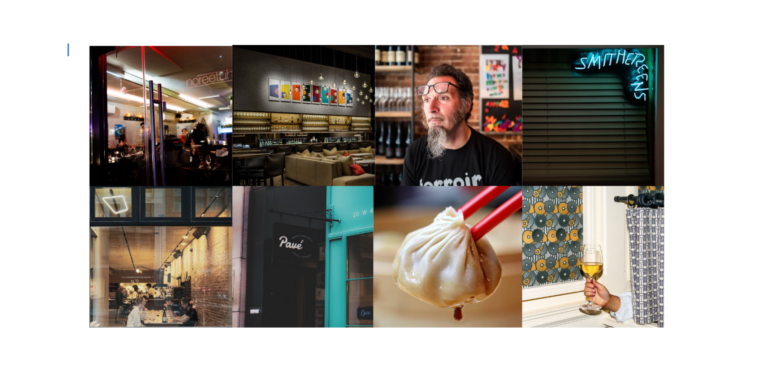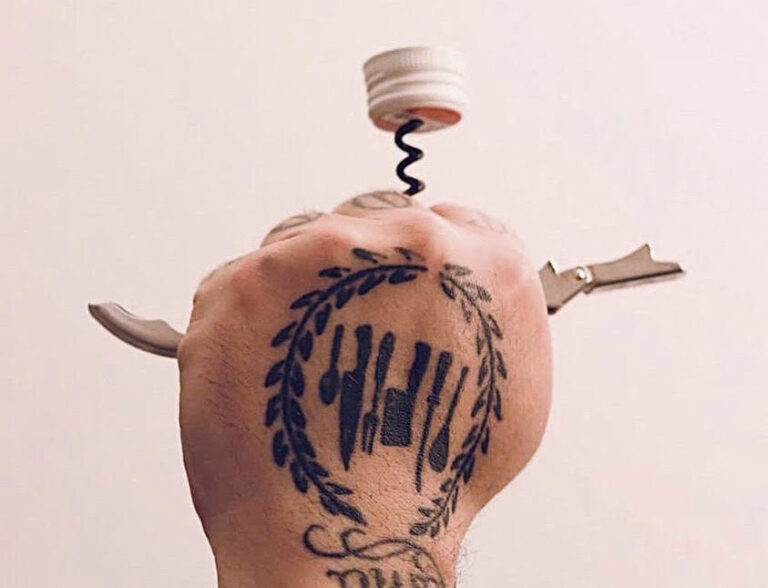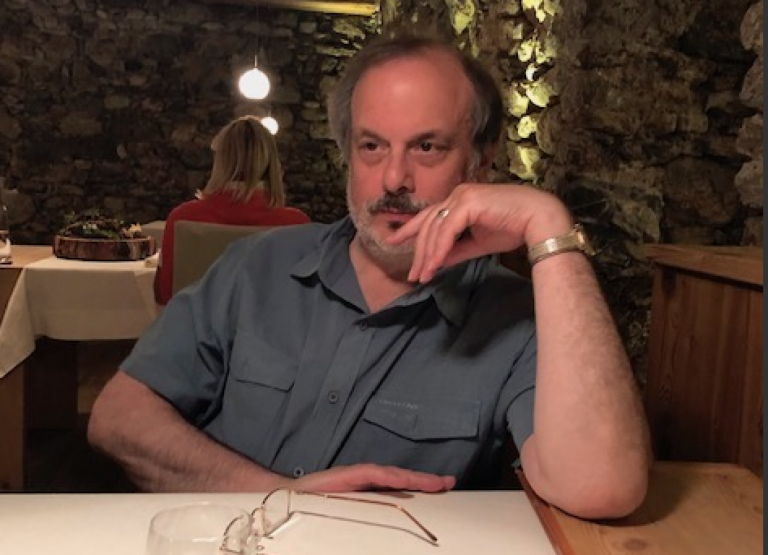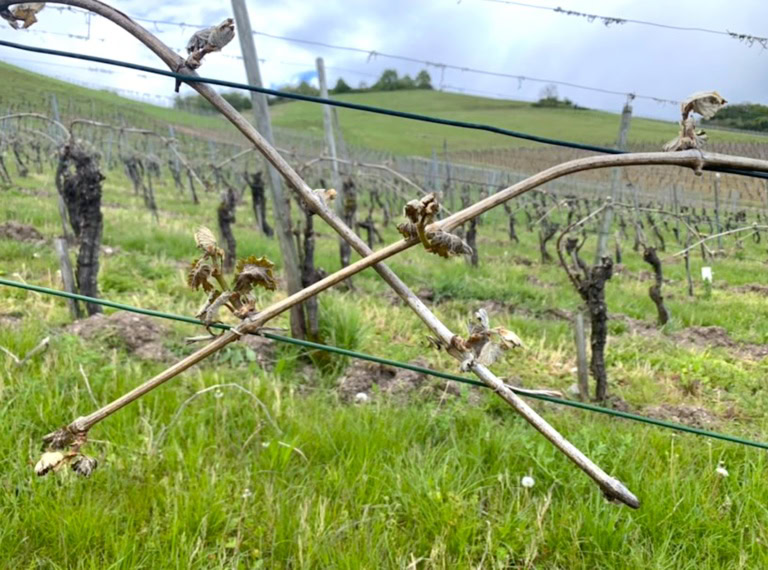Sammie Steinmetz: A Voice for Change in the Mosel
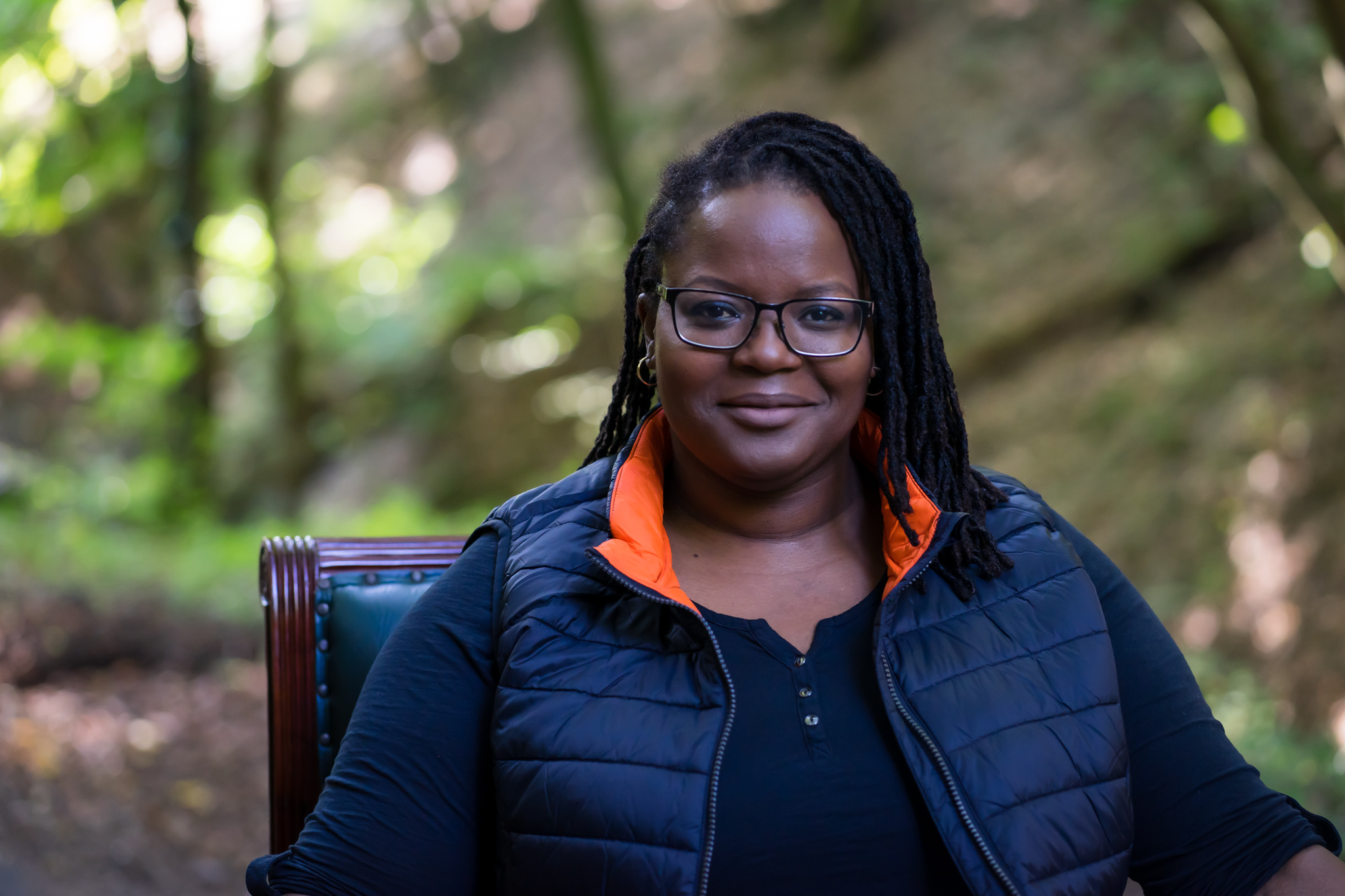
Sammie Steinmetz is one half of Weingut Günther Steinmetz, a mid-sized, family-run winery in Brauneberg on the Mosel. Born in Pensacola, Florida, Sammie came to Germany in 2007 as an enlisted member of the U.S. Air Force, stationed at Spangdahlem Air Base not far from the winery. She’d already planned on settling in the country when her term of service ended (“because Riesling,” she laughs). But a chance invitation to a wine-tasting introduced her to fifth-generation winemaker Stefan Steinmetz. Two weeks after meeting, they were dating and they married a few years later. In 2014, Sammie took early retirement from the…

